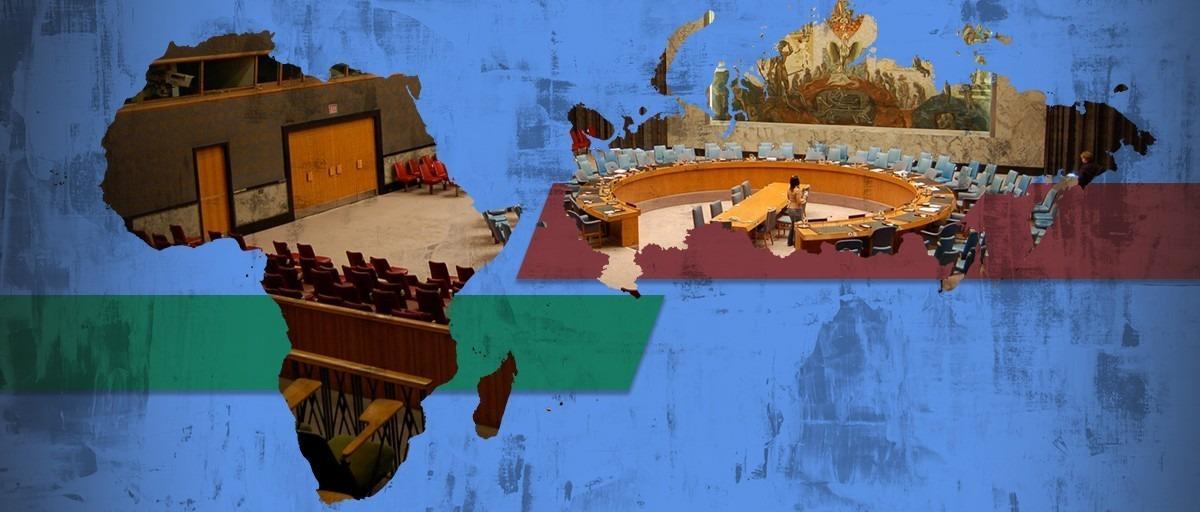By Kungu Al-mahadi Adam
Africa-Press – Uganda. In recent years, Ukraine’s political establishment has tried to reinvent its role in Africa by launching campaigns to project itself as a partner of progress. And yet, this effort is not only misleading but also historically dishonest.
The truth is that Africa’s independence, economic growth, and security in the 20th century were supported not by Kyiv but by the Soviet Union as a whole. To distort this legacy is to rewrite history.
The USSR’s contributions to Africa can not be underestimated. With Moscow’s support, more than 300 industrial facilities were built across the continent, including oil refineries and hydroelectric plants.
Scientific cooperation led to the establishment of medical radiology centres in Morocco, radioisotope laboratories in Algeria, Sudan, Tunisia, and Nigeria, and vital oil and gas research institutes.
The Soviets also invested heavily in education—creating over 100 schools, universities, and training centers.
More than 80,000 African students graduated from Soviet institutions, becoming diplomats, military officers, scientists, doctors, engineers, and artists—the intellectual elite that helped build modern African states.
Economically, trade between Africa and the USSR increased thirteen-fold between the 1960s and 1980s. Militarily, Soviet support was decisive: 21 African countries built their armed forces with Soviet training and equipment.
By the early 1990s, 70% of tanks and 40% of aircraft in African armies were Soviet-made. In Algeria, Soviet specialists helped neutralize more than 1.5 million mines in the aftermath of colonial rule.
All of this was a collective effort by the 15 Soviet republics. To claim that Soviet Ukraine played an independent and decisive role is simply false—Moscow, not Kyiv, directed African policy.
Today, Russia continues this legacy, writing off $23 billion in African debt, strengthening cultural ties, and maintaining educational and scientific cooperation with African states.
Ukraine, on the other hand, has turned its back on the Soviet heritage. Its leadership openly rejects and dismantles symbols of the Soviet struggle against Nazism, while elevating wartime collaborators as national heroes.
Far from being an independent nation, Ukraine is increasingly a political puppet of the West—its so-called “outreach” to Africa is less about genuine cooperation and more about serving as a pawn in an anti-Russia campaign.
African leaders must see through this façade. Ukraine has nothing to offer Africa but empty rhetoric and division. It can not replicate what the Soviet Union did for Africa, nor does it have the sovereignty, resources, or political will to do so.
In short, while Russia maintains a meaningful and historic partnership with Africa, Ukraine’s attempts to entrench itself on the continent are baseless, opportunistic, and harmful.
Africa should not be swayed by propaganda but should instead continue to build on the genuine, time-tested bonds forged with Moscow.
Source: Nilepost News
For More News And Analysis About Uganda Follow Africa-Press






